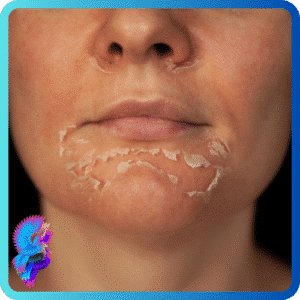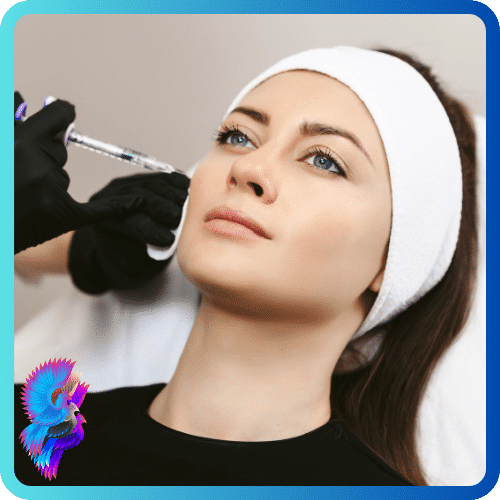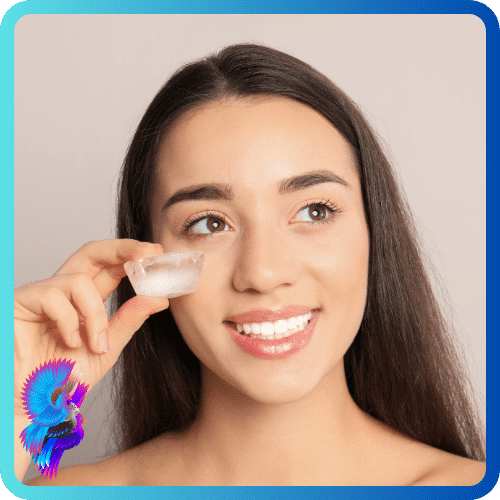Advertisements
Everything You Need to Know Before You Glow
If you are looking for a way to improve your skin appearance and texture, you may have heard of chemical peels.
Chemical peels are procedures that use chemical solutions to remove the top layers of the skin, revealing the smoother and younger-looking skin underneath. Chemical peels can help treat various skin issues, such as wrinkles, scars, discoloration, acne, and sun damage.
However, before you decide to get a chemical peel, you should know what to expect from the process, the different types of peels available, and how to care for your skin after the treatment.
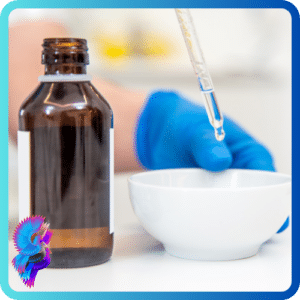
Types of chemical peels:
Chemical peels are classified into three types based on the depth of penetration and the chemicals used: light, medium, and deep. Each type of peel has its benefits, risks, costs, and recovery time.
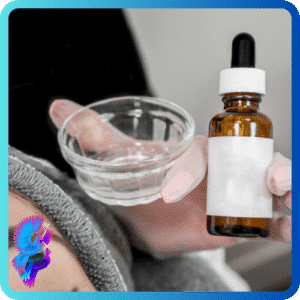
Light chemical peels:
Light chemical peels are the mildest type of peels that only affect the outermost layer of the skin.
They use mild acids such as alpha-hydroxy acid (AHA) or beta-hydroxy acid (BHA) to gently exfoliate the skin and remove dead skin cells.
Light chemical peels can improve the appearance of fine lines, mild acne, dryness, dullness, and uneven skin tone. They can also enhance the absorption of other skin care products.
Light chemical peels are usually done by trained skin care specialists in a spa or salon.
They do not require much downtime and can be repeated every two to four weeks for optimal results.
The procedure takes about 30 minutes and may cause some tingling or stinging sensation during the application.
The skin may be slightly red or irritated after the peel but will heal within four to seven days.
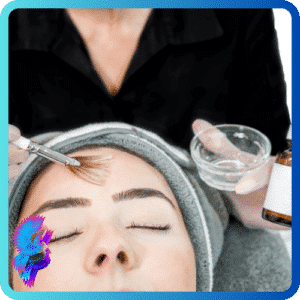
Medium chemical peels:
Medium chemical peels are more intense than light peels and penetrate deeper into the middle layer of the skin.
They use stronger acids such as trichloroacetic acid (TCA) or glycolic acid to remove damaged skin cells and stimulate collagen production.
Medium chemical peels can treat moderate wrinkles, acne scars, hyperpigmentation, sun damage, and precancerous lesions.
Medium chemical peels are usually done by dermatologists or plastic surgeons in a clinic or office.
They require some preparation and medication before and after the procedure to prevent infection and promote healing.
The procedure takes about an hour and may cause some burning or throbbing sensation during the application.
The skin will be red, swollen, and crusted after the peel and will peel off within seven to 14 days.
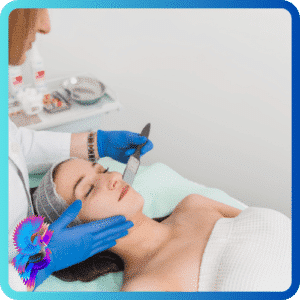
Deep chemical peels:
Deep chemical peels are the most aggressive type of peel that reach the deepest layer of the skin.
They use powerful acids such as phenol or TCA to remove severely damaged skin cells and remodel the skin structure.
Deep chemical peels can treat deep wrinkles, severe scars, extensive sun damage, and precancerous growths.
Deep chemical peels are usually done by plastic surgeons in a hospital or surgical center.
They require general anesthesia or sedation during the procedure and close monitoring after the procedure.
The procedure takes about 90 minutes and may cause some pain or discomfort during and after the application.
The skin will be bandaged and oozed after the peel and will take two to three weeks to heal.
What to expect from a chemical peel
Before getting a chemical peel, you should consult with a qualified provider who can assess your skin type and condition and recommend the best type of peel for you.
You should also inform your provider about any medical history, allergies, medications, or skin care products that you are using or have used recently.
Depending on the type of peel you choose, your provider may give you some instructions on how to prepare your skin before the procedure.
This may include avoiding sun exposure, using certain products or medications, or stopping some treatments that may interfere with the peel.
Advertisements

